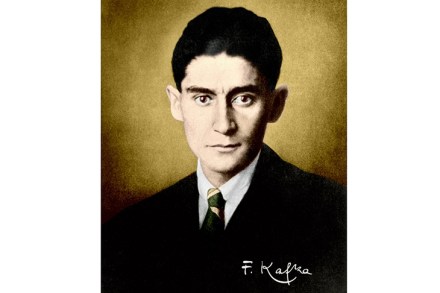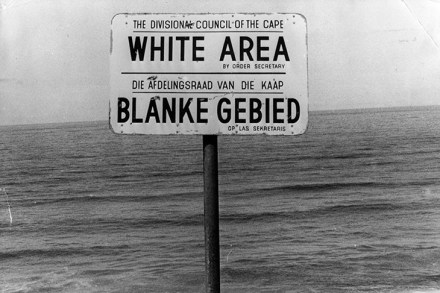Good and evil on an epic scale
More from BooksDavid Keenan’s debut novel, This is Memorial Device, about a small town in Lanarkshire and its post-punk scene, showed that it wasn’t easy being Iggy Pop in Airdrie. For the Good Times, his second, set in 1970s Belfast, shows that it isn’t easy being a Perry Como-loving one of the boys in the Ardoyne. In






























